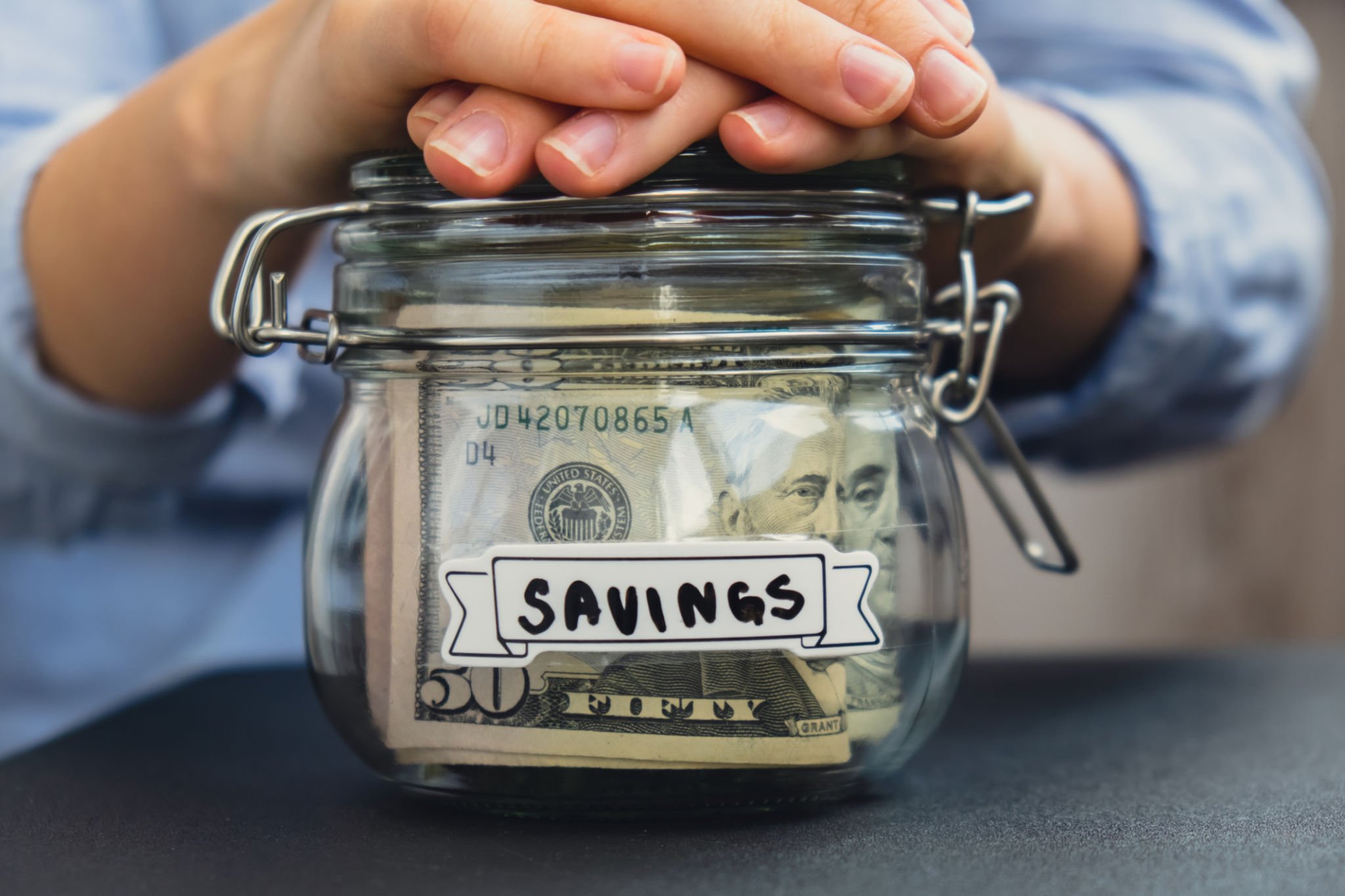Top Financial Mistakes to Avoid During Economic Uncertainty
Understand Your Financial Priorities
During times of economic uncertainty, it is crucial to re-evaluate your financial priorities. Start by identifying your most essential expenses, such as housing, utilities, and food. These are the non-negotiable items in your budget that should be prioritized over non-essential expenses like dining out or subscription services.
Once you have a clear understanding of your priorities, adjust your budget accordingly. This approach ensures that you are prepared to handle unexpected financial challenges without compromising your basic needs.

Avoid Accumulating Unnecessary Debt
In uncertain economic times, it can be tempting to rely on credit cards or loans to make ends meet. However, accumulating unnecessary debt can be a significant financial mistake. High-interest debt, especially from credit cards, can quickly spiral out of control and become unmanageable.
Instead, focus on living within your means and avoid making large purchases that you cannot afford to pay for in cash. If you must use credit, ensure that you have a plan to pay off the balance as quickly as possible.
Emergency Fund is Essential
An emergency fund is a critical financial safety net that can help you navigate unexpected expenses or job loss. Aim to save at least three to six months' worth of living expenses in an easily accessible account. This fund will provide peace of mind and financial stability during turbulent times.

Review and Adjust Your Investments
Market volatility is a common feature of economic uncertainty. As such, it's important to review your investment portfolio to ensure that it's aligned with your risk tolerance and financial goals. Diversification is key; having a mix of asset classes can help reduce risk.
Avoid making impulsive decisions based on market fluctuations. Consult with a financial advisor if needed to develop a long-term investment strategy that considers both market conditions and your personal financial situation.
Cut Down on Unnecessary Spending
Tightening your belt and cutting down on unnecessary spending is a practical way to manage finances during economic uncertainty. Review your monthly expenses and identify areas where you can reduce costs. This might include canceling subscriptions you don't use, cooking more meals at home, or finding cheaper alternatives for recurring expenses.
Implementing small changes can lead to significant savings over time, allowing you to allocate more resources towards your essential needs and savings goals.

Stay Informed but Don't Panic
While staying informed about economic developments is important, it's equally crucial not to let fear drive your financial decisions. Constantly consuming negative news can lead to stress and impulsive reactions that may harm your financial well-being.
Instead, focus on reliable sources for news and financial advice. Maintain a balanced perspective and concentrate on what you can control within your financial life.
Seek Professional Guidance
If you're feeling overwhelmed by financial decisions during uncertain times, consider seeking professional guidance from a financial advisor. They can offer personalized advice tailored to your specific situation and help you create a plan to navigate economic challenges effectively.

Conclusion: Make Informed Decisions
Avoiding common financial mistakes during economic uncertainty involves making informed decisions and being proactive about managing your money. By understanding your priorities, avoiding unnecessary debt, maintaining an emergency fund, and adjusting your investments wisely, you can enhance your financial resilience.
Remember, the key is to remain calm and focused on long-term goals rather than short-term market fluctuations. With careful planning and strategic actions, you can safeguard your financial future even in the face of economic challenges.
